1947 Ford Sportsman 146 Miles Tuscan Tan 239 cubic inch V8 3-speed manual
- Location: Local pick-up only
- Condition: Used
- Make: Ford
- Model: Sportsman
- Type: --
- Trim: --
- Year: 1947
- Mileage: 146
- VIN: 1815836
- Color: Tan
- Engine size: 239 cubic inch V8
- Power options: --
- Fuel: Gasoline
- Transmission: Manual
- Drive type: --
- Interior color: Red
- Options: --
- Vehicle Title: N/A
1947 Ford Sportsman -- Description
Although the buying public was hungry for new cars following World War II, most automakers had nothing to offer beyond mildly facelifted pre-war models. To add a little flash in showrooms, Ford introduced the Sportsman convertible, a gorgeous wood-bodied ragtop that more than lived up to its name. Better still, it was no more expensive for Ford to produce than any other woody, thanks to Ford's Iron Mountain timber forests and assembly plant. Taking a standard convertible and cutting off... the body behind the firewall, adding a steel skeleton, 1941 sedan delivery rear fenders, and upscale features like power windows, Ford discovered a great way to generate attention both in showrooms and on the road, despite (or perhaps because of) a price that was more than 30% greater than a standard steel convertible. The first Sportsman was delivered to actress Ella Raines on Christmas Day 1945, and in the two years that would follow, another 3486 would be built, making them exclusive and highly recognizable. Unfortunately, due to the wood construction and its inherently high maintenance costs, few survive today, with many experts agreeing that fewer than 100 original Sportsman convertibles remain. This 1947 Sportsman convertible is surely one of the finest available anywhere. Following a comprehensive restoration 146 miles ago, it presents in what is likely better-than-new condition in every way. It appears that the maple framing on the bodywork is original, still showcasing the finger joints that were mitered by hand at Iron Mountain back in 1947. The mahogany panels have been replaced and show that wonderful golden glow that seems to come from within, which is the real reason to own a woody of any type. Finished in Maize Yellow, a fantastic contrast to the wood panels and a popular color in 1947, it has an understated look that forces the wood to be the star of the show. Finish quality is exceptionally good, with excellent metalwork and no signs of previous accidents or other trauma, and obviously rust is a non-issue on this car's bodywork. Both doors swing closed easily and the trunk latches into place with a firm push, and gaps all around are exemplary for a wood-bodied car. If there's a demerit, it is the hood springs, which don't quite pull the rear edge of the hood down tightly, but that's a common issue in these Fords and surely easy to remedy. Ford kept all the Super Deluxe brightwork on the Sportsman, including the stainless grille, new-for-1947 round marker lights, and sweep spears on both front and rear fenders. The result is a car that looks well-dressed for any occasion and thanks to expert restoration work, it is all in fantastic condition. You'll note that this car carries accessories such as the desirable bumper ends, dual side mirrors, fog lights, Ford script exhaust tip, and a spotlight on the driver's A-pillar. Ornate "Sportsman" script highlights the trunk lid, a jaunty touch that works quite well with the sporty ragtop. The only notable deviation from stock specifications is the blue-dot taillights, a period detail that still works rather well. The Sportsman also came standard with leather upholstery finished with beautiful French seams, and the dark red hides in this convertible make a dramatic statement. Showing only very, very minor signs of wear on the driver's lower cushion, the interior is in virtually new condition throughout. The door panels are finished to match and in typical Ford fashion, there are rubber mats up front and matching red carpets for back seat occupants. The woodgrained steel dash is expertly finished to match the bird's eye maple body framing and standard Ford instrumentation offers a playful font and a full view of the engine's condition. Power windows were standard equipment on the Sportsman, including the rear quarter windows, which was unique in 1947—even Cadillac used traditional crank windows in back. You will also note that this car came from the factory with a Columbia 2-speed rear axle, a fantastic addition that gives the car the ability to travel easily at modern highway speeds. Factory-installed Columbia axles are easily identified by the built-in switch on the lower dash, a detail that is missing in cars with aftermarket axles. Other options include an under-dash heater with defroster and an AM radio, both of which are fully operational. Overhead, there's a black canvas convertible top which uses the same hydraulic system as the windows to power itself up and down, and it tucks under a matching boot for a sleek top-down look. The large trunk is appropriately trimmed with cardboard bulkheads, a rubber mat, and a matching spare tire assembly. Post-war flatheads were bumped to 239 cubic inches and a nice, even 100 horsepower, making the Sportsman an energetic performer on the road. Fully rebuilt and joyous to drive, the flathead V8 makes great sounds and behaves itself the way any high-end restoration should. It start quickly and easily with just a little choke, idles smoothly with a pleasing mechanical sound from the engine bay, and pulls the convertible around with enthusiasm. It's highly detailed and quite correct, from the Ford Blue engine enamel to the oil bath air cleaner to the proper plug wires inside the conduits atop the cylinder heads. Wiring is all new, there are reproduction Ford script hoses and clamps, and an accessory oil filter on the driver's side. You can also see the operating hardware for the Columbia rear axle on the firewall and driver's side cylinder head. It is turn-key, ready to drive, with no issues and excellent tuning that makes flathead Fords some of the most entertaining old cars you can own. The transmission is the same 3-speed manual used in other Fords that year, with light clutch action and a slightly clunky column-mounted shifter. The Columbia rear end offers two ratios, one slightly taller than stock, one slightly shorter, and we have found that the engine has ample torque to make the lower range unnecessary. It will cruise at 60-65 MPH without working very hard, all the while burbling with that wonderful V8 soundtrack that makes the flathead so endearing. The undercarriage is in exemplary condition with almost no signs of use since the restoration was completed, and the quality of the work is apparent everywhere you look. The ride is springy but comfortable, with the original transverse leaf springs wearing correct gaiters to control noise and vibrations. Braking is quite good with manual drums at all four corners, although it's hardly like a modern car (but isn't that the point?). 16-inch steel wheels are painted to match the bodywork and fitted with hubcaps and trim rings, plus correct 6.00-16 Firestone wide whites, which were surely what Henry preferred (although in 1947, whitewalls were in short supply, so this car was likely delivered new with blackwalls). Documentation includes the original owner's manual and booklets about the radio and maintaining the wood bodywork. Arguably the most desirable of all flathead Fords, a Sportsman belongs in the most exceptional collections, and this is an exceptional Sportsman. Beautifully finished, fully functional, and ready to enjoy as a show car or on tour, it delivers on the promises made by its name and looks. Call today!
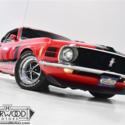 1970 Ford Mustang Boss 302 77313 Miles Red 302 cubic inch V8 4-speed manual
1970 Ford Mustang Boss 302 77313 Miles Red 302 cubic inch V8 4-speed manual
Mileage: 77313
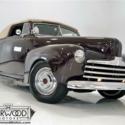 1947 Ford Custom Convertible Coupe 8277 Miles Burgundy 302 cubic inch V8 3-spe
1947 Ford Custom Convertible Coupe 8277 Miles Burgundy 302 cubic inch V8 3-spe
Mileage: 8277
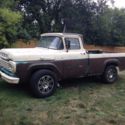 1959 Ford F-100 292 Cubic Inch V8, 3 Speed Manual
1959 Ford F-100 292 Cubic Inch V8, 3 Speed Manual
Mileage: 121,000
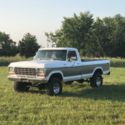 1976 Ford F-150 4x4 *60k Original Miles 390 Cubic Inch 4speed Manual*
1976 Ford F-150 4x4 *60k Original Miles 390 Cubic Inch 4speed Manual*
Mileage: 60,000
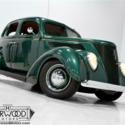 1937 Ford Deluxe 93702 Miles Green Sedan 350 cubic inch V8 Manual
1937 Ford Deluxe 93702 Miles Green Sedan 350 cubic inch V8 Manual
Mileage: 93702
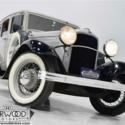 1932 Ford Model B 66312 Miles Gray 4-door 201 cubic inch inline-4 Manual
1932 Ford Model B 66312 Miles Gray 4-door 201 cubic inch inline-4 Manual
Mileage: 66312
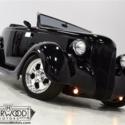 1936 Ford Roadster 266 Miles Black 350 cubic inch V8 3-speed automatic
1936 Ford Roadster 266 Miles Black 350 cubic inch V8 3-speed automatic
Mileage: 266
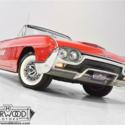 1963 Ford Thunderbird Convertible 46414 Miles Red 390 cubic inch V8 3-speed au
1963 Ford Thunderbird Convertible 46414 Miles Red 390 cubic inch V8 3-speed au
Mileage: 46414
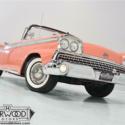 1959 Ford Galaxie Sunliner 641 Miles Geranium Red 332 cubic inch V8 3-speed au
1959 Ford Galaxie Sunliner 641 Miles Geranium Red 332 cubic inch V8 3-speed au
Mileage: 641
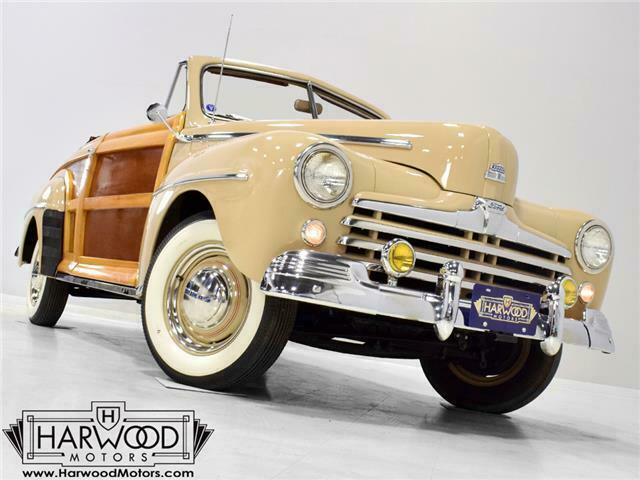
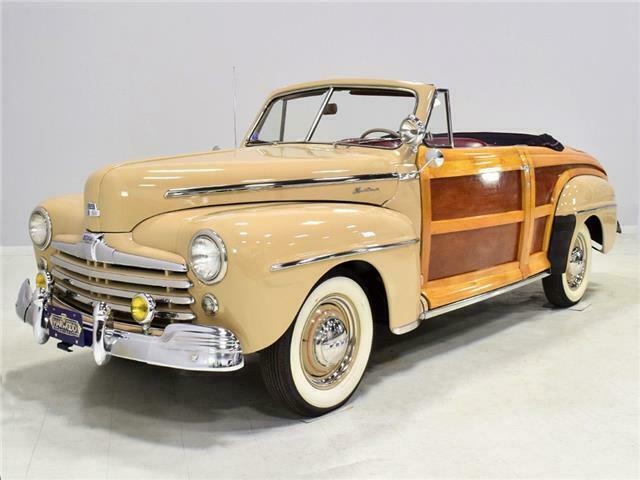
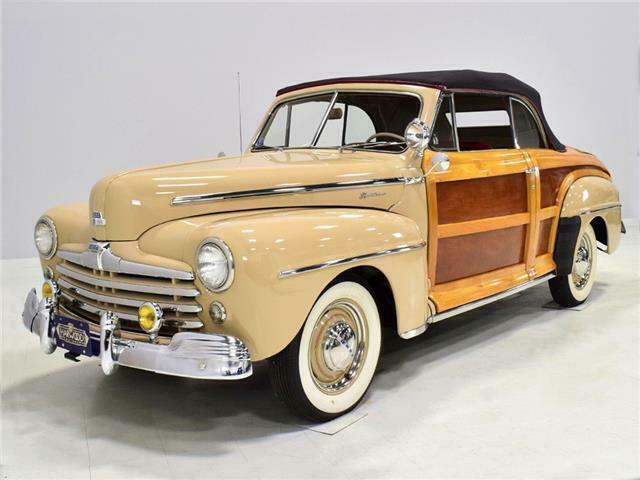
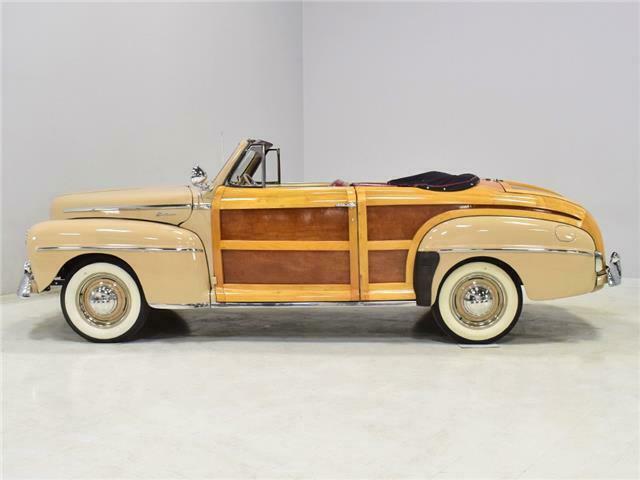
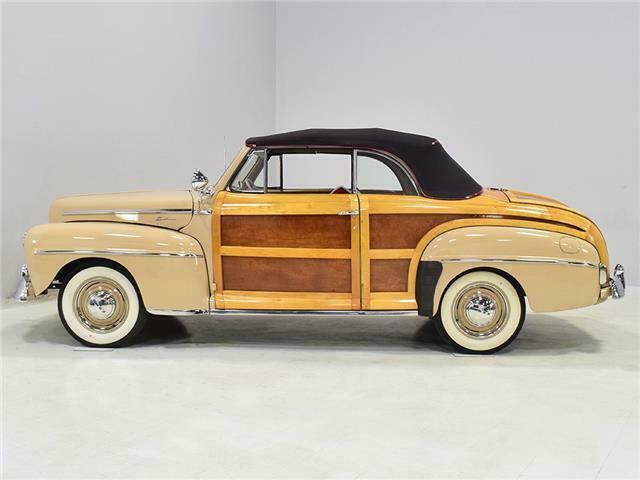
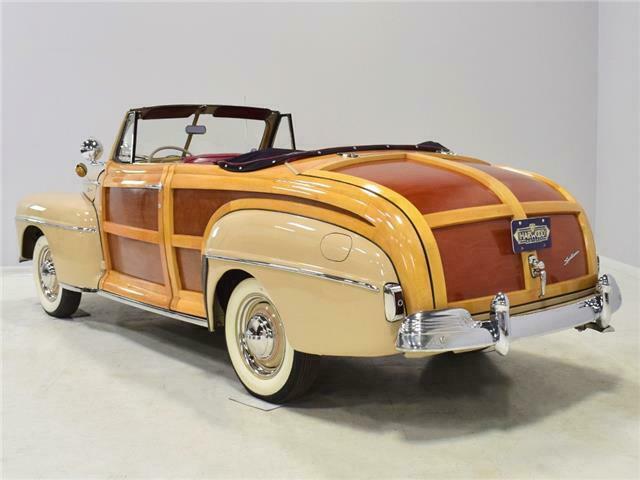
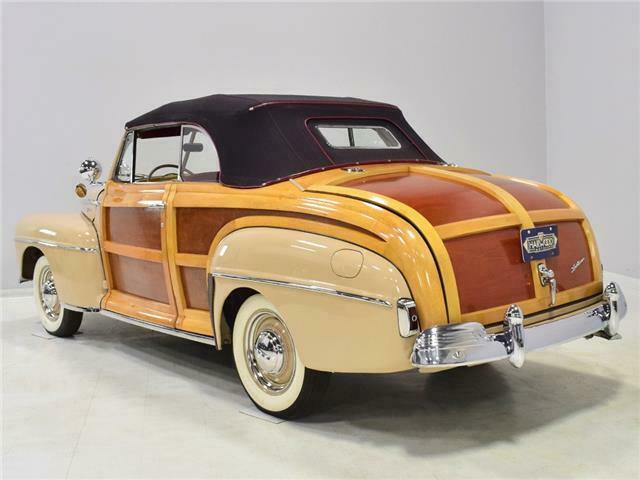
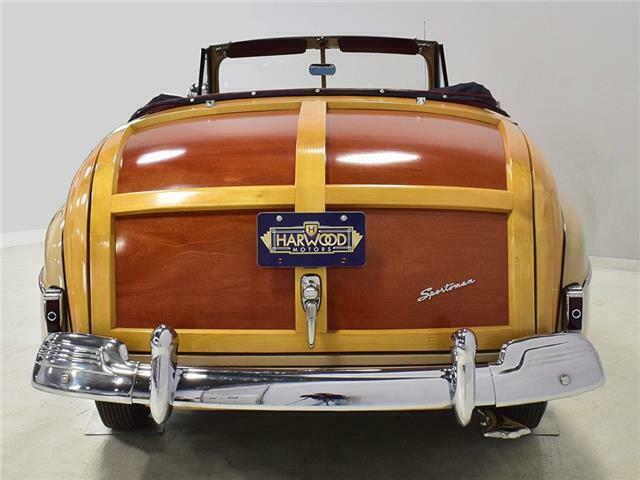
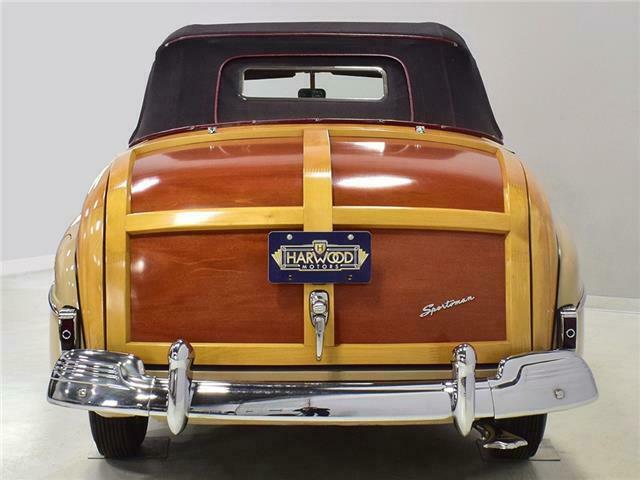
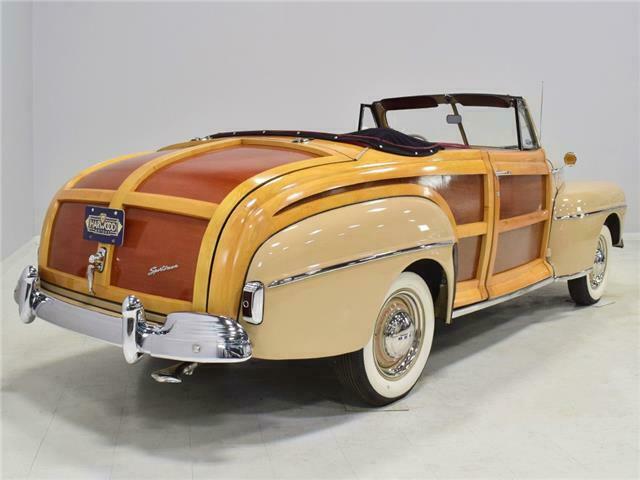
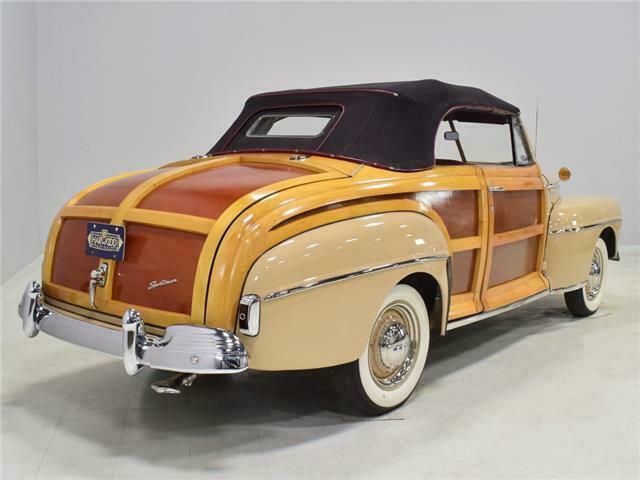
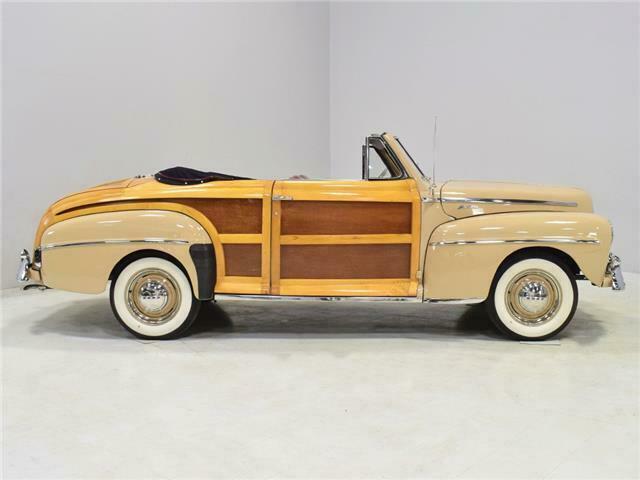
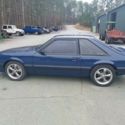 1990 Ford Mustang Hatch Back 306 Cubic Inch - 5 Speed Manual
1990 Ford Mustang Hatch Back 306 Cubic Inch - 5 Speed Manual